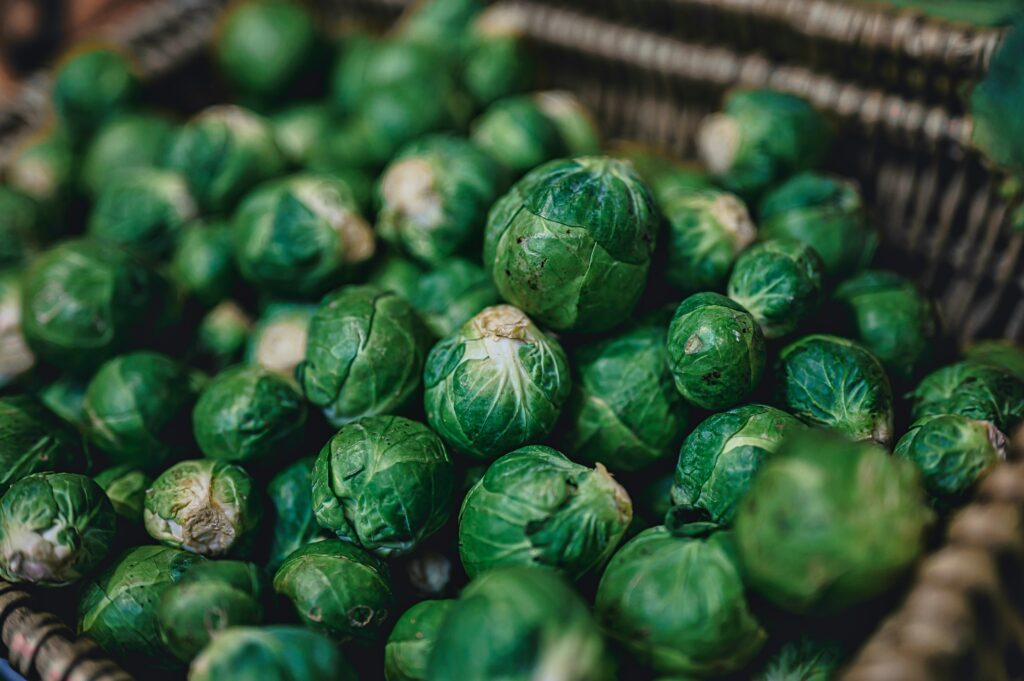Activists in the media use “scientists say” to lend a gloss of respectability to whatever alarmist slogan they write. And once again we respond by quoting what actual scientists actually say, this week about the scandalous idea that CO2 is good for plant growth. More specifically, that rising CO2 levels boost Crop Water Productivity (CWP), the ratio of crop yield to plant water consumption, a key component of agricultural productivity and global food security. Alarmists frequently misuse the bogus overheated RCP8.5 scenario but it has one good use: to look at worst-case outcomes. In 2016 a team of scientists led by Delphine Deryng of the University of Chicago ran RCP8.5 through a set of global crop models two ways, one with all RCP8.5’s predicted climate change but not its extra CO2, and one with both (their “CC w/CO2”). Without the extra CO2, CWP nose-dives by 2080 as the plants get all hot and dried out. “In contrast, under CCw/CO2, median negative impacts on yields are fully compensated for wheat and soybean, and mitigated by up to 90% for rice and 60% for maize. The combined effects of CCw/CO2 on yield and [water use] result in substantial increases in global average CWP of wheat and soybean and moderate increases in that of maize and rice.” So CO2 makes plants grow better and use water more efficiently even in a less hospitable world. Scientists say.
Actually CO2 has an enormously positive effect, enough to negate the effects of the worst-case warming scenario. And again, the remarkable thing about this study is that Deryng et al not only used RCP8.5, but they made it a worse-than-worst case by imagining a strange situation in which the world experiences all the warming but none of the extra CO2. Which might happen, for instance, if natural variability turns out to be about to cause RCP8.5-level warming over the next century, just as the world cuts emissions to net zero at horrendous cost. In that case, this study would show that the emissions cuts would be the exact wrong thing to do, because global crop growth would suffer. Adding the CO2 to the air would fully compensate the crop yield losses for wheat and soybean, and almost all for rice and maize. Meanwhile the extra CO2 reduces water consumption of most crops, with the combined result that CWP rises either moderately or substantially.
Yes, you say, but is that only in the temperate regions with good rainfall? No, the arid regions benefit even more, whether the farms are rainfed or irrigated.
In fact, we find CWP of crops grown in arid climates benefit the most from the effects of elevated [CO2], especially under rainfed conditions, leading to additional crop production along with substantial reductions in consumptive crop water use by 2080. For example, assuming wheat rainfed areas remain steady in the future, global production of rainfed wheat could increase by a median 9% by 2080 relative to 2000, whereas corresponding consumptive water use decreases by 11% (see Supplementary Table 4). Crops grown under irrigated conditions also benefit from CO2-induced decreases in crop stomatal conductance. For example, CWP of irrigated wheat in arid areas--covering 63% of harvested areas--increases by a median 18%.
Scientists say.


